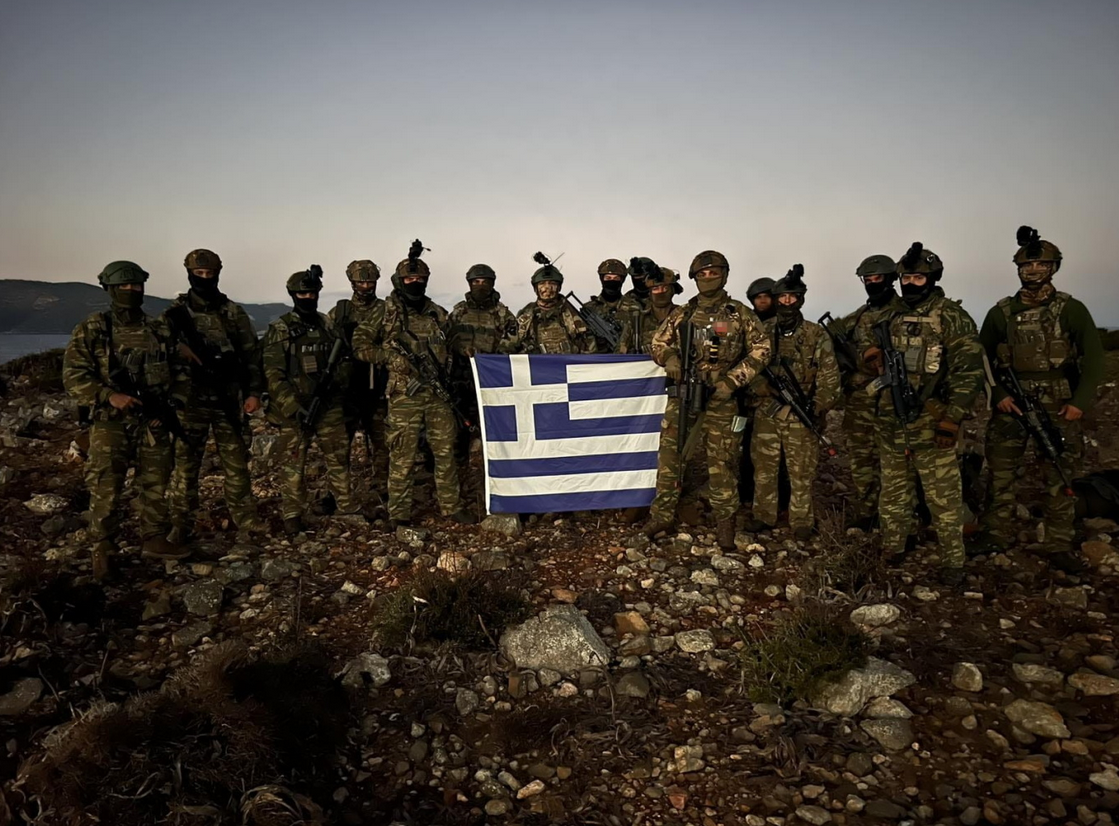Trump–Putin meeting: The beginning of peace does not mean the end of war
Source: ProtoThema English
Just a few hours remain before the U.S. President welcomes his Russian counterpart to a region that, until 1867, was Russian territory. Anchorage will be the focal point of a meeting of historic significance—regardless of the outcome—as every encounter between an American and a Russian president has been through the years. Vladimir Putin and Donald Trump will meet in talks that international media present as pivotal in determining the next steps on the Ukrainian battlefield. However, it should be taken for granted that the two world powers will also discuss many strictly bilateral issues.
The White House and the Kremlin have confirmed that the meeting will take place at 11:30 a.m. local time (about 10:30 a.m. Greece time), but no clarification has been given about the overall duration of the Trump–Putin talks or the rest of the high-level contacts between Russian and U.S. government officials. It is also unknown, as of this moment, whether the two leaders will remain in Alaska tonight, and—understandably for security reasons—there has been no information on the time and place of their arrival at Elmendorf–Richardson military base.
Over time, U.S.–Russia meetings have yielded both immediate and indirect results, but hardly ever instant resolutions to pressing issues. Those who believe that today’s meeting—among them the U.S. President—will immediately make clear “what Russia’s intentions are” will be proven wrong. The Kremlin’s tactical maneuvers are well-known and recent enough; it has skillfully used significant diplomatic capital in all five official communications between Trump and Putin so far in attempts to find common ground on the war in Ukraine.
Russia and Putin—the first Russian leader to travel to Alaska—are attending today’s meeting without having altered in the slightest the narrative they have maintained since 2022, or even 2014, regarding the Ukraine crisis. It is certain that Russia has no intention of taking even a small step back. The territories—over 18% of Ukraine’s total land area—captured by its military through war and heavy losses will not be subject to negotiation, and Trump is surely aware of this. If that is off the table, and given that Ukraine’s surprise offensive in the Kursk region a year ago has ended—along with any Ukrainian “negotiating leverage”—how can Trump and the U.S. realistically expect a positive outcome?
The truth is that Ukraine may not currently have a visible advantage or pressure point against Russia, but the enduring “we will not step back” stance of President Zelenskyy and, more importantly, the Ukrainian people themselves, is enough to create internal pressures in Russia. The country has disclosed nothing about its battlefield losses since the war began. The U.S. President has American “weapons”—both conventional and economic—at his disposal to exert pressure, but the White House does not seem particularly eager to use them. If today’s meeting between Trump and Putin ends in deadlock and failure, it is not unlikely that the American President, who has a history of acting emotionally in such situations, might open a “Pandora’s box” that would be difficult to close and could place Russia in a very tough position.
On the other hand, Putin is not a naïve leader. Since 2022, the events in Ukraine have been a central part of his plan to rebuild a stronger Russia than at any time since the fall of the Soviet Union. The arrival of Foreign Minister Lavrov in Alaska and the choice of attire leave no room for misinterpretation at any level regarding the Kremlin’s objectives. Moscow is unlikely to accept a mere “commercial” exchange of territory; it will probably demand formal redrawing of borders and commitments for the future, regardless of who the next U.S. Presidents will be. For Putin, whose invasion of Ukraine is increasingly proving to be directly tied to his personal ambitions and vision for his country—and potentially an existential process, politically above all—concessions are not an option, regardless of American plans, pressure, or weapons.
While no one can know exactly what will be said or what pressures will emerge, today will likely be a historic day—mainly for the historians of the future. But it will certainly not mark the end of the war; at most, it may represent the beginning of a peace process.
Ask me anything
Explore related questions
The original article: belongs to ProtoThema English .



